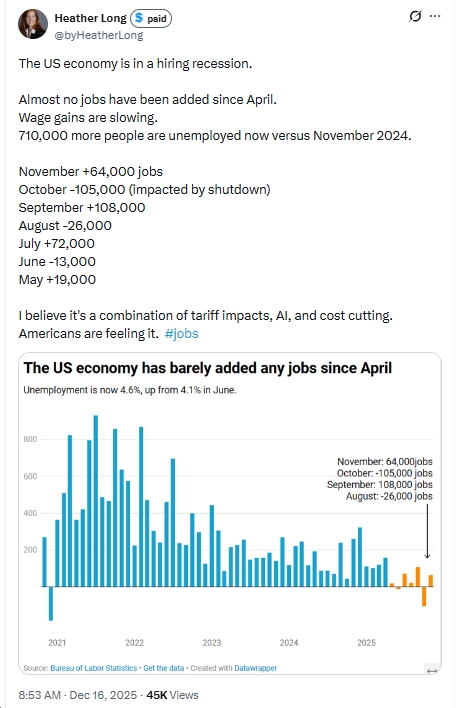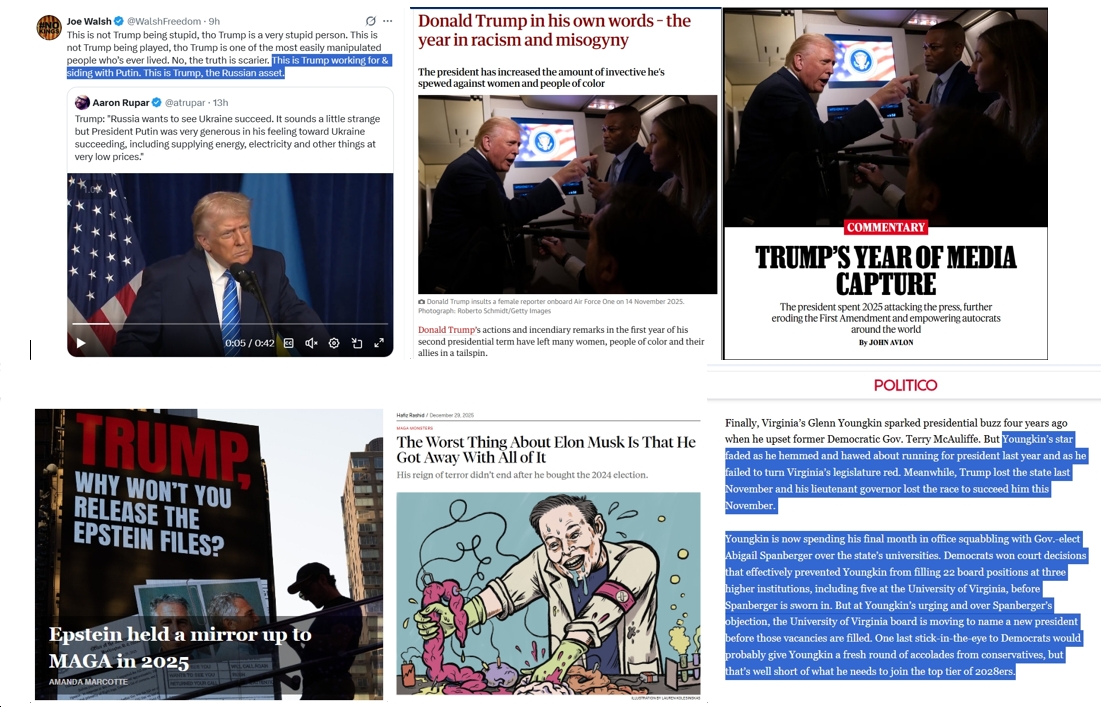Needless to say, Virginia Senate Democrats need to stop this crap.
The incoming Youngkin administration and state lawmakers have proposed several major tax proposals to reduce taxes for individuals and businesses. These include one-time tax rebates, dramatically increasing the state standard deduction, eliminating the state and local sales tax on groceries, and pausing the recent increase to the fuels tax. While some of these policy ideas may have merit individually, enacting them without ways to backfill those resources would threaten the overall fiscal stability for the commonwealth and the well-being of our communities. To date, the incoming administration has not identified any measures to replace these revenues.
New analysis from the Institute on Taxation and Economic Policy (ITEP) shows that the incoming administration’s plan would reduce state and local revenues by about $2.9 billion at least—more than 3.5 times the combined annual General Fund budgets of the state’s Department of Health, Department of Behavioral Health and Developmental Services, and Department of Social Services, and more than 5.5 times the annual General Fund budget of the Virginia Community College System. ITEP was unable to model some elements of the proposals that would reduce revenues even further, such as a business tax “holiday” and a mechanism that would freeze local property tax revenues (subject to ballot measure).
…Much of the plan would reduce the state’s General Fund, which is the portion of the state budget over which lawmakers have the most discretion and which primarily goes toward funding K-12 and higher education and health and social services. In addition, revenues related to the state and local sales tax on groceries are currently directed to K-12 education (40% of grocery tax revenues), transportation (20%), and localities (40%). The gas tax revenues are dedicated to transportation funding, including highway construction and maintenance and public transit.
…Some of the proposed changes would shift costs onto localities in Virginia, which have limited revenue authority. Eliminating the sales tax on groceries would require localities to generate an additional $227 million of local revenues or enact steep budget cuts. Faced with these budget pressures, localities could choose to increase reliance on other regressive revenue sources, which ask more of those with less.
In short, Youngkin’s tax proposals are completely irresponsible, would be disastrous if put into effect, and obviously should be rejected by the Virginia State Senate (which as a narrow, 21-19 Democratic majority).
P.S. According to VPM, which wrote about this story on Friday, Youngkin’s completely wrong when he argues “tax cuts are necessary because they will lower the cost of living in Virginia.” Instead, per VPM:
“…according to the Joint Legislative Audit and Review Commission, which conducts research for the state legislature, Virginia’s local and state tax rates are moderate relative to other states. The commonwealth ranks 24th in the nation for the highest state and local taxes. Also, taxes are only one piece in the calculation that determines each state’s cost of living. According to the Missouri Economic Research and Information Center, Virginia has the 27th highest cost of living in the country, which again puts the commonwealth around the median cost of living for the nation.”



![Thursday News: “Europe draws red line on Greenland after a year of trying to pacify Trump”; “ICE Agent Kills Woman, DHS Tells Obvious, Insane Lies About It”; “Trump’s DOJ sued Virginia. Our attorney general surrendered”; “Political domino effect hits Alexandria as Sen. Ebbin [to resign] to join Spanberger administration”](https://bluevirginia.us/wp-content/uploads/2026/01/montage010826.jpg)














